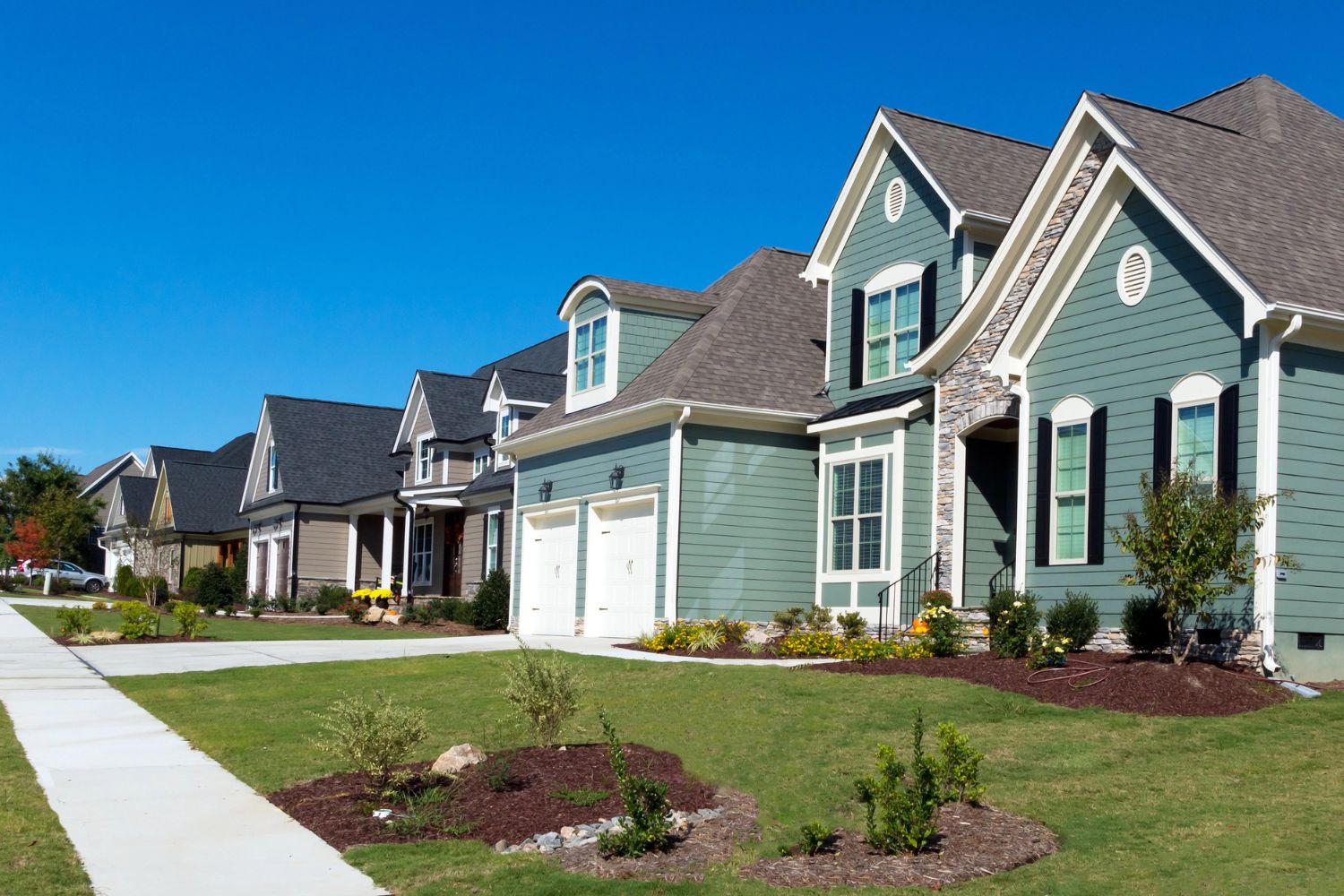Collaborative post
Living next to difficult neighbours can transform your dream home into a less than ideal situation. Disagreements over boundaries, noise, or trees can escalate quickly if not handled with care. The key lies in communication, understanding legal rights, seeking mediation, and, if necessary, taking legal action.
Understanding the Issue
Before addressing any disagreement, it’s crucial to thoroughly understand the dispute. Whether it concerns a boundary, noise complaint, or something else, gathering all relevant information and documents is essential. This might include deeds, local council regulations, or any previous agreements made with your neighbour.
Discussing the problem directly with your neighbour should always be the first step. Often, misunderstandings can be cleared up and agreements reached without the need for further action. Approach the conversation calmly and openly, aiming to express your concerns without placing blame. Listening to your neighbour’s perspective is just as important.
Legal Rights and Responsibilities
Every homeowner should have a basic understanding of their legal rights and responsibilities regarding property boundaries and disputes. This knowledge can prevent accidental infringements on a neighbour’s property and clarify what actions are within your rights.
Consulting with a solicitor who specialises in property law can provide clarity and guidance, ensuring you’re well-informed before making any decisions. You can visit www.propertydisputes.co.uk for expert legal advice and support. Professionals in this field can offer solutions based on extensive experience with similar disputes, providing peace of mind and a clear path forward.
Seeking Mediation
When direct conversation fails to resolve the dispute, mediation presents a valuable next step. This process involves a neutral third party who works with both sides to reach an agreement. Mediation can be less adversarial and more cost-effective than going to court. It allows both parties to express their views in a structured setting, facilitating a fair and mutually acceptable resolution.
Finding a qualified mediator experienced in property disputes is crucial. They can guide the discussion, ensuring all voices are heard and considered. This collaborative approach not only helps in resolving the immediate issue but can also improve neighbourly relations in the long term.
Taking Legal Action
If mediation does not lead to a resolution, legal action may be the only recourse. This step should not be taken lightly, as it can be costly and time-consuming. However, when your rights are infringed upon, and all other avenues have been exhausted, it might be necessary to protect your interests through the courts.
Preparing for this involves gathering all documentation, evidence, and expert opinions to support your case. Working closely with a solicitor specialising in property disputes is essential to navigate the legal process effectively. They can represent your interests, aiming for a favourable outcome while minimising stress and uncertainty.
Maintaining a Positive Relationship
Throughout the dispute resolution process, it’s important to strive for a positive relationship with your neighbour. Avoiding aggressive behaviour, keeping communication open, and showing willingness to compromise can go a long way.
Small gestures of goodwill, like a friendly greeting or offering to help with a mutual concern, can help rebuild trust and camaraderie. Focusing on what you have in common, rather than what divides you, can transform a tense relationship into a peaceful coexistence.
Final Thoughts
Dealing with a property dispute requires a measured and informed approach. Starting with a direct conversation, understanding your legal standing, seeking mediation, and, if necessary, taking legal action are steps that can lead to a resolution. Throughout this process, maintaining a positive relationship with your neighbour is crucial for a harmonious living environment.

